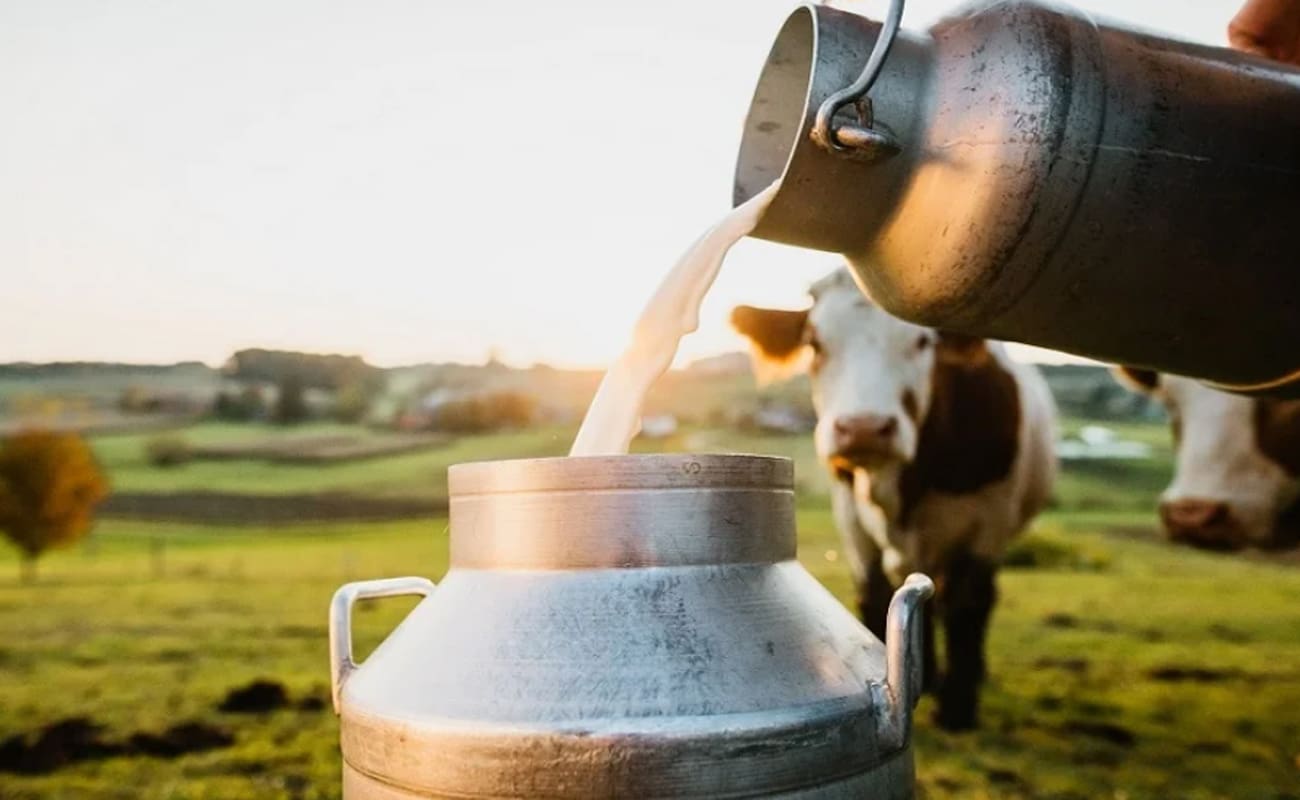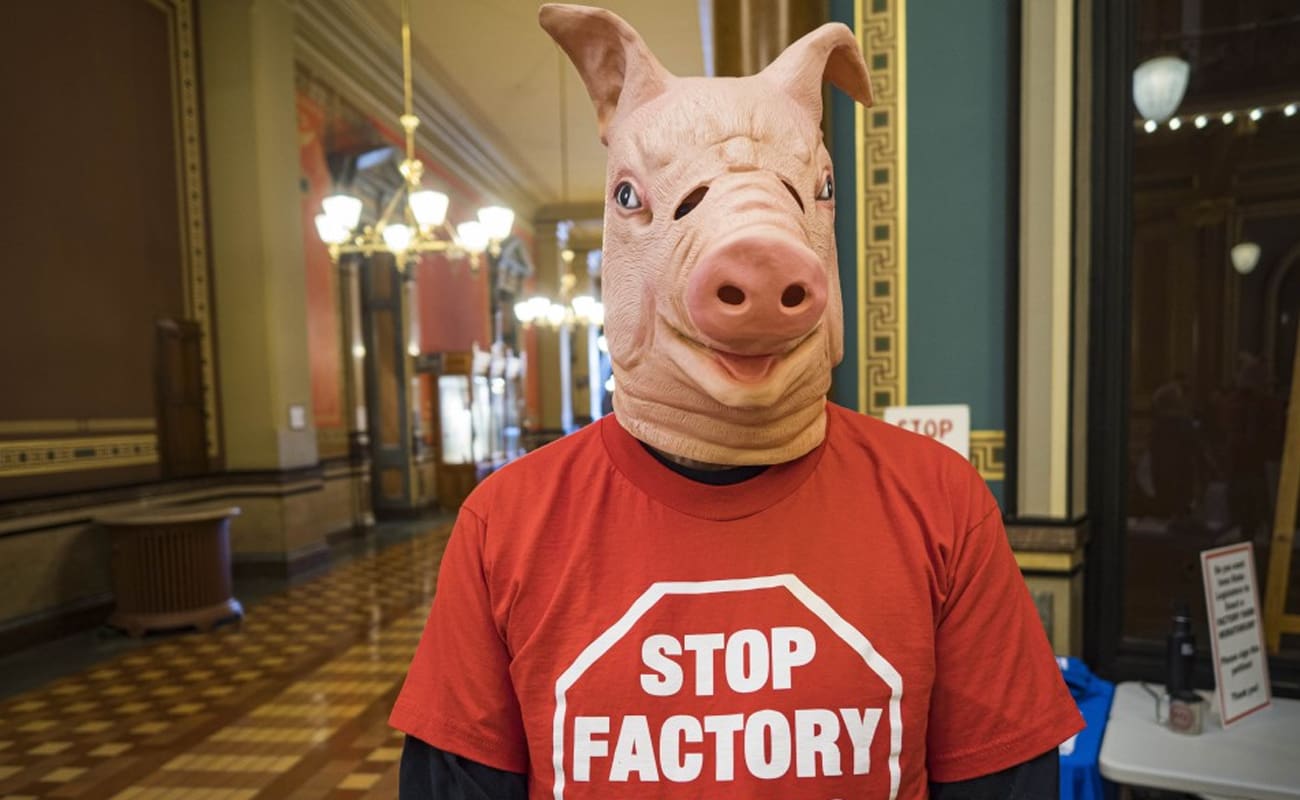This category delves into the complex moral questions surrounding our interactions with animals and the ethical responsibilities humans bear. It explores the philosophical foundations that challenge conventional practices such as factory farming, animal testing, and the use of animals in entertainment and research. By examining concepts like animal rights, justice, and moral agency, this section urges a reevaluation of the systems and cultural norms that allow exploitation to persist.
Ethical considerations go beyond philosophical debates—they shape the tangible choices we make every day, from the foods we consume to the products we buy and the policies we support. This section sheds light on the ongoing conflict between economic gain, entrenched cultural traditions, and a growing ethical awareness that calls for the humane treatment of animals. It challenges readers to recognize how their daily decisions contribute to or help dismantle systems of exploitation and to consider the broader consequences of their lifestyle on animal welfare.
By encouraging deep reflection, this category inspires individuals to adopt mindful ethical practices and actively support meaningful change in society. It highlights the importance of acknowledging animals as sentient beings with inherent worth, which is fundamental to creating a fairer and more compassionate world—one where respect for all living creatures is the guiding principle behind our decisions and actions.
In this article, we will shed light on the ethical, environmental, and health implications of supporting an industry that relies on animal exploitation for food production. It is important to understand the impact of our dietary choices and consider more sustainable and compassionate alternatives. Let's delve into the unmasking of the dairy and meat industry. The Impact of the Dairy and Meat Industry on Animal Welfare Factory farming practices in the dairy and meat industry often prioritize profit over animal welfare, leading to cramped and unsanitary conditions for animals. Animals are frequently confined in small spaces, unable to engage in natural behaviors, such as grazing or socializing. These conditions can cause distress and increased susceptibility to disease and injury. In addition, animals in the dairy and meat industry often undergo painful procedures, such as dehorning and tail docking, without proper anesthesia or pain relief. Consumers should consider the ethical implications …


























































